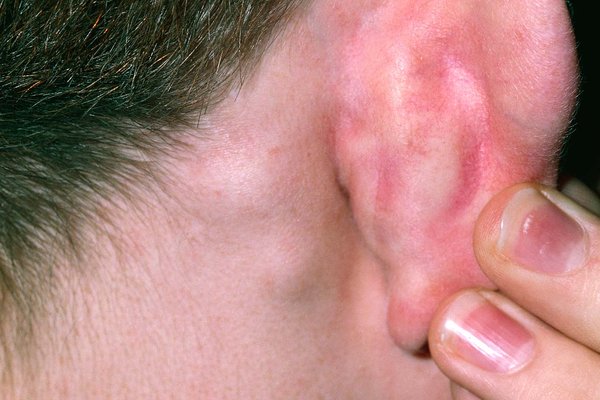German Measles (Rubella): Symptoms, Causes, and Prevention
German measles, also known as rubella, is a viral infection recognized by a distinctive reddish or pink rash, mild fever, and swollen lymph nodes. The virus spreads easily through respiratory droplets from coughing or sneezing, as well as through shared food or beverages.
In Canada and other developed countries, rubella has become rare due to widespread vaccination. However, cases still occur globally and can be imported through travel. While the illness is usually mild in children and adults, it can be extremely dangerous during pregnancy, potentially causing congenital rubella syndrome in the fetus.
Characteristics of German Measles
Symptoms often remain mild or subtle, which means some individuals may not realize they are infected. Once present, symptoms usually appear 2–3 weeks after exposure and last 3–6 days.
Common signs include:
-
Pink or reddish rash that begins on the face and spreads downward
-
Runny or congested nose
-
Mild fever (usually below 102°F / 39°C)
-
Swollen or tender lymph nodes (especially behind the ears and neck)
-
Muscle aches
-
Headache
-
Red or inflamed eyes
German measles most commonly affects children aged 5–9, but adults can also be infected.
Even though symptoms are often mild, medical assessment is essential if rubella is suspected—particularly for pregnant individuals or those who may be pregnant.
What Causes German Measles?
German measles is caused by the rubella virus, which spreads through:
-
Sneezing or coughing
-
Close personal contact
-
Sharing utensils, food, or drinks
An infected person is contagious one week before the rash appears and up to two weeks after the rash disappears, meaning the virus can spread before symptoms are noticed.
Management of German Measles
There is no specific antiviral treatment for rubella. Management focuses on comfort and preventing transmission:
-
Adequate rest
-
Acetaminophen for fever and discomfort
-
Staying home from school, daycare, or work
Medical care should be sought immediately if symptoms worsen or if pregnancy is involved.
Prevention in Canada
Vaccination is the most effective and safest way to prevent German measles.
In Canada:
-
The rubella vaccine is given as part of the MMR or MMRV vaccine
-
First dose: 12–15 months of age
-
Booster dose: 4–6 years of age
Because the vaccine contains a weakened form of the virus, some children may experience a mild fever or rash, which is temporary and not dangerous.
Important Disclaimer
Educational Use Only
This article is intended for health awareness and first aid education in Canada. It does not replace medical diagnosis or treatment. Anyone with a suspected infectious illness—especially during pregnancy—should seek prompt medical evaluation.

